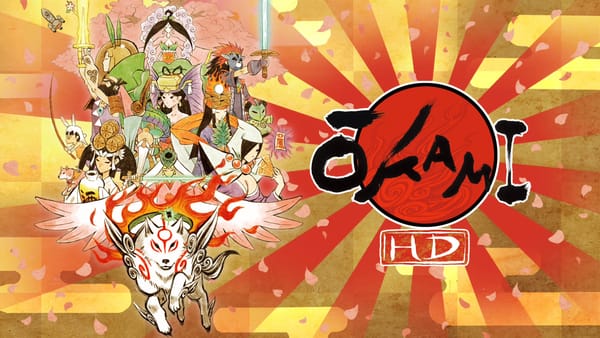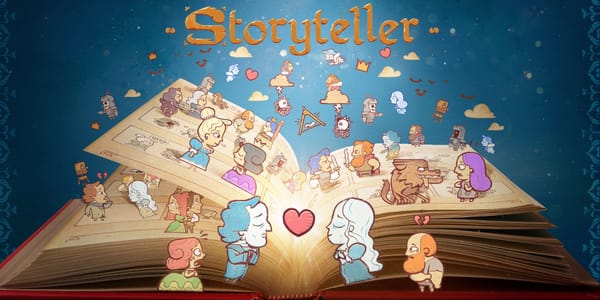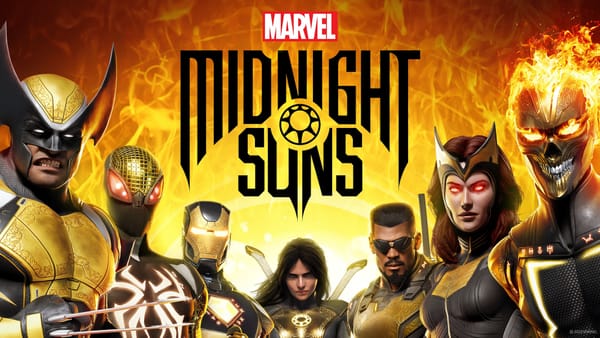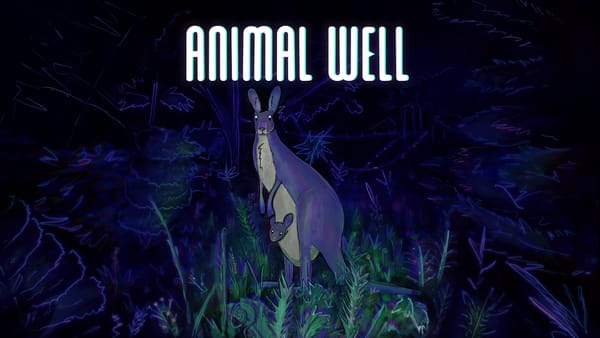Disco Elysium and exposition as ludic reward
The game-as-novel that wouldn't work as well as a novel
Disco Elysium overstays its welcome. Damn if I didn’t feel every hour of the 27 I spent playing it. This isn’t to say I didn’t enjoy those hours—many of them, if not most, I did—but this is not a game where you look at the clock and say, “Where did the time go?”
Disco Elysium is a novel, probably two novels taped together (and very long ones at that), and its primary gameplay reward is exposition: voluminous detailing of people, ideologies, and histories. It’s a curious thing from a writer’s perspective that Disco Elysium so often rewards players for their successful rolls with huge chunks of expository detail, as one generally doesn’t reward readers with exposition, at least not without sprinkling it with action, dialogue, or plot. At least in my own writing, more often you find yourself apologizing for it. I.e., “I’m sorry, but here are some things you’ll need to know.” Disco Elysium, by contrast, says, “Fuck you, here’s some detailed history about a revolutionary militia, plus some lovingly rendered descriptions of architecture thrown in for good measure.”
This wasn’t my first time trying to play Disco Elysium. I bought it on PS5 when it launched there, only to bounce off it due to a combination of abysmal loading times at launch1 and the fact that I had just finished 13 Sentinels: Aegis Rim, another basically-a-novel game, so I wasn’t exactly raring to go with another book-as-game when I could instead play something a little more pew pew to counteract the thinky thinky. This time around, though, I picked it up on sale and played it on the Steam Deck I just got, making the whole thing feel more like a very weird book I was holding in my hands and less like a blockbuster title meant to take advantage of a 4K TV. I also think I was just in a better mood for a game of this type now than I was then, because, as I’ve intimated, you really need to be in the mood for a game like Disco Elysium, which is truly, and I mean truly, just a very long book with dice rolls at critical plot junctures.
Before I go further, I feel the need to flatly state that the writing in Disco Elysium is the best I’ve ever encountered in a game, especially when it comes to the sentence-level writing on display here. A 30-hour game that is, I must stress again, entirely reading is doing something right with its prose if it’s been played by this many people and hasn’t been panned for taking the games-as-art thing too far. In particular, Kim Kitsuragi will go down as one of the best-written foils and straight men in detective fiction, game or no, and certainly the best-written companion in a videogame. I felt actual pride when the achievement popped up that I had earned Kim’s trust. I’m not joking. The character was so convincingly written that I felt a pang of surprise and joy that the disco-loving madman with a penchant for communism I was playing somehow managed to also be a good detective in Kitsuragi’s eyes. Another moving arc for me related to my necktie, which talked to me throughout the game and mostly encouraged me to drink harder and party more, until the final hours of Disco Elysium when it sacrifices itself by becoming part of a molotov cocktail crucial to my survival, leaving me alone without its chaotic voice for the first time since the beginning of the game, but not before a flashback to the moment I purchased the tie during a dark time in my life, making me feel a little better about myself for having donned a quirky bit of sartorial nonsense. One more great moment for good measure: I happened upon a false ending where I died of heartbreak (actually) from having looked too closely at my past, despite the many voices in my head telling me not to, the game fading to black as I reckoned with who and what I am. It worked well, especially because it ended the game for real, forcing me to load up a save file to continue.
Which is all to say: there is so much in Disco Elysium that is moving, strange, or moving and strange. And yet for so much of the game, I felt my patience with it waning. I felt a tedium and boredom that was inescapable at times. I felt confused by what I was supposed to do with all this detail. All this exposition.
Exposition, as a technique, has a dulling effect on prose: it cools the pacing of a story with information relayed directly to the reader rather than information delivered via action, characterization, or plot. Exposition usually resides in a story’s narration, but can (as in the case of Disco Elysium) also reside within dialogue, as characters become mouthpieces for details about history, scene, ideology, etc. This effect is usually used sparingly, since it accomplishes that same cooling effect on the prose, slowing down the reader and potentially, if overused, boring them. There is, of course, no one way to use exposition in a story, just as there is no one way to use any element of craft, a concept that is a dubious enterprise at best. Still, there are some general and observable trends in fiction, and I would challenge even the most ardent fan of Disco Elysium to tell me they didn’t lose the plot somewhere along the fifth analogous recounting of the Antecentennial Revolution, aka the Turn-Of-The-Century Revolution, aka the World Revolution, aka the Civil War.
The difficult thing for me, however, is that I want better writing in games. It’s one of my things, actually. When I pick up a game that is text-heavy, I perhaps unfairly want it to be comparable to the quality of literary fiction—and Disco Elysium is. There are sentences in this game that rival or surpass anything I’ve read in a book in years. There are plot developments it achieves that I found myself jealous of as a writer. And yet its tendency toward mounds and mounds of exposition is momentum-killing. Its multifaceted history lends weight to its world but outright crushes one’s interest in it when dwelled on for too long without any textual respite. Disco Elysium is at its best when you and your interlocutors are being people rather than mouthpieces, and those moments, when they happen, are something truly unique to the modern gaming landscape. Unfortunately, to get to them, you’re going to have a lot of things explained to you, again and again and again. But the sentences are so damn good that maybe you won’t mind at all.
I couldn’t fathom how Ratchet & Clank: Rift Apart loaded nigh instantaneously while this text adventure with painterly but simple graphics would take upwards of 30 seconds to open a door. ↩





